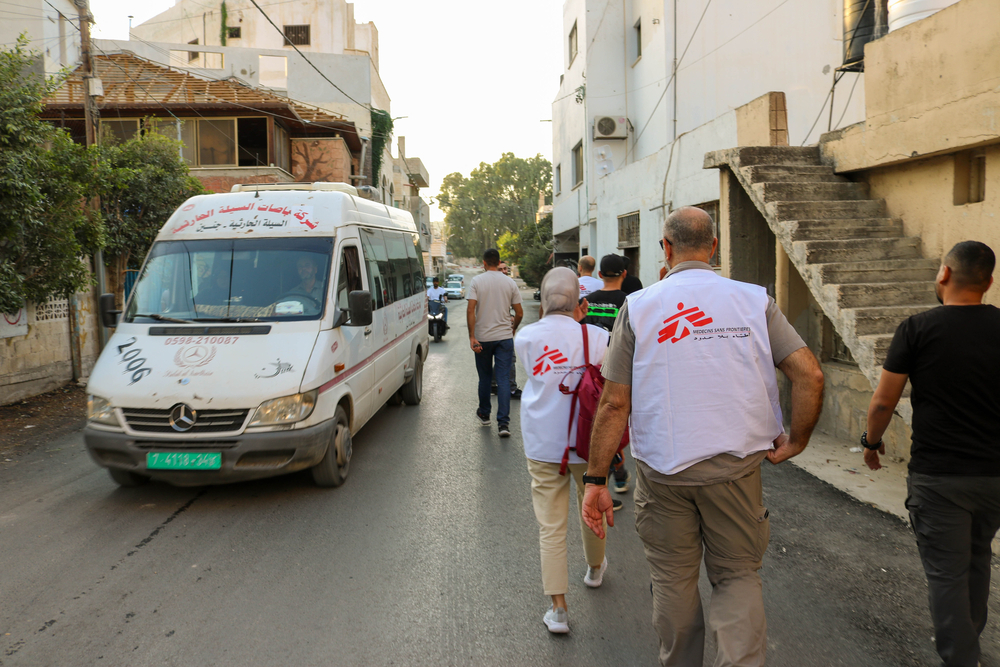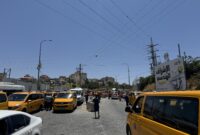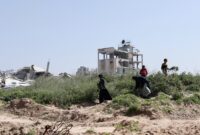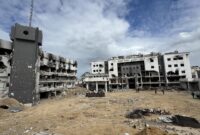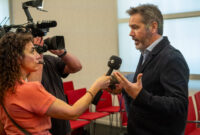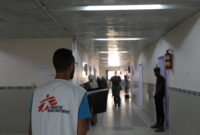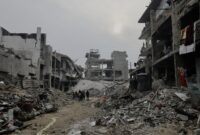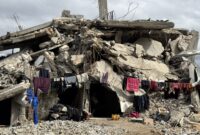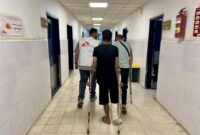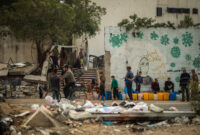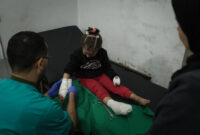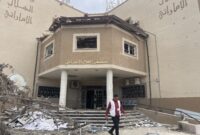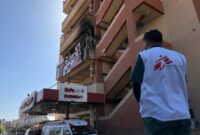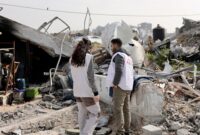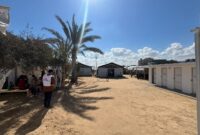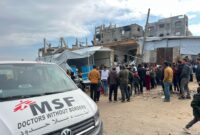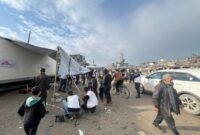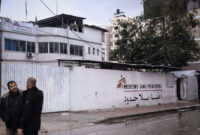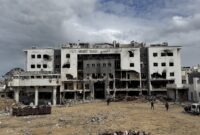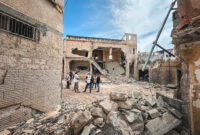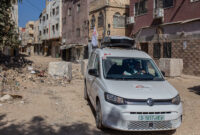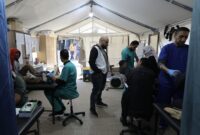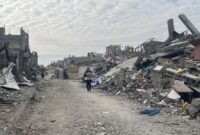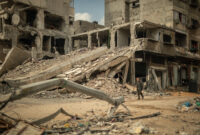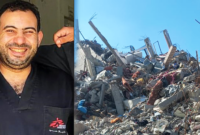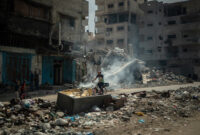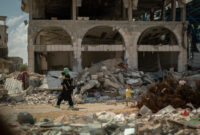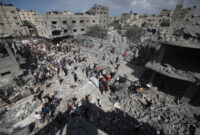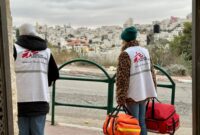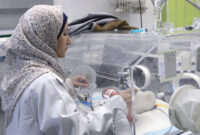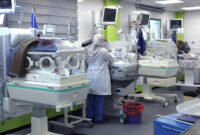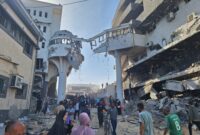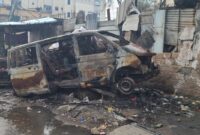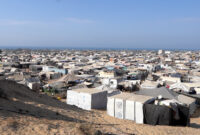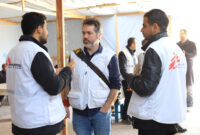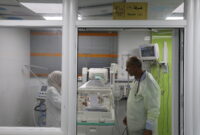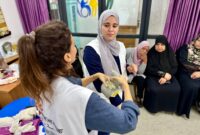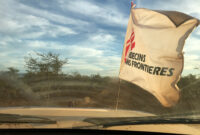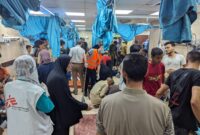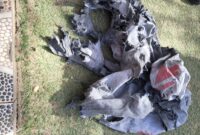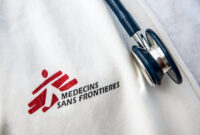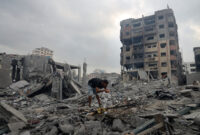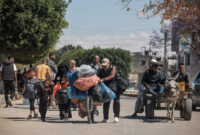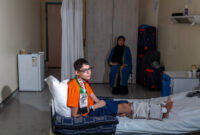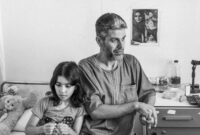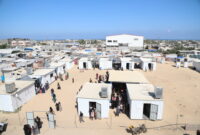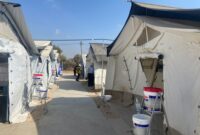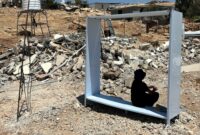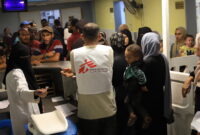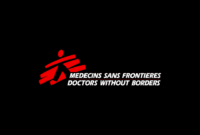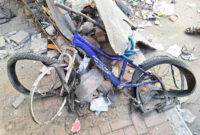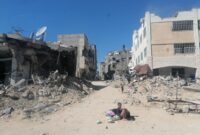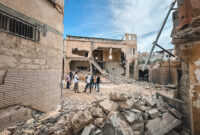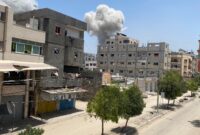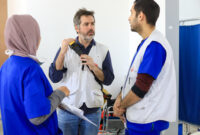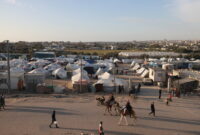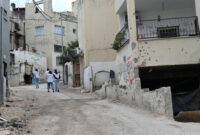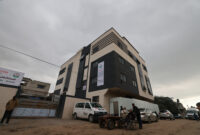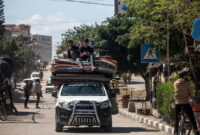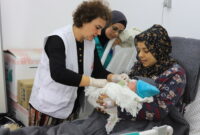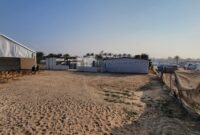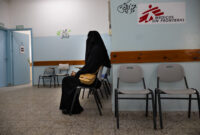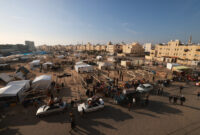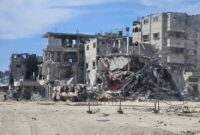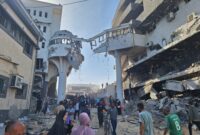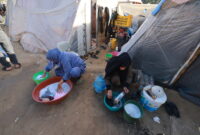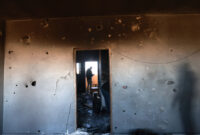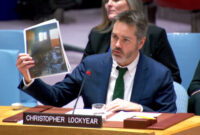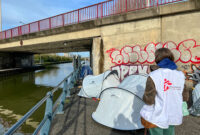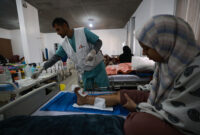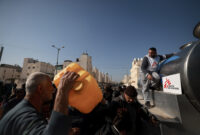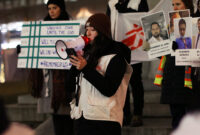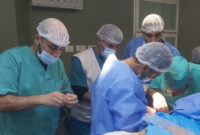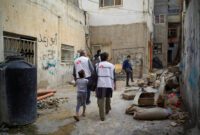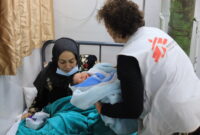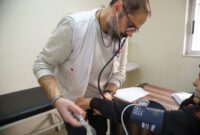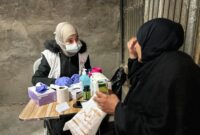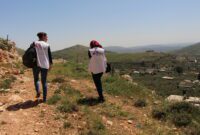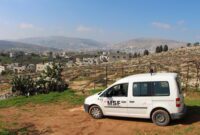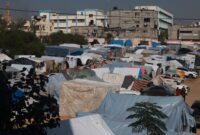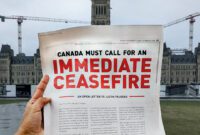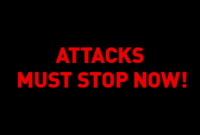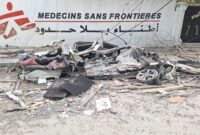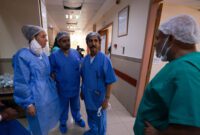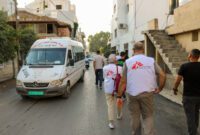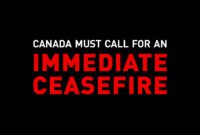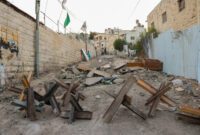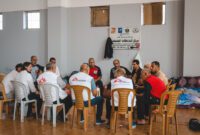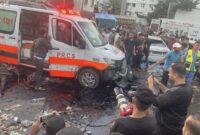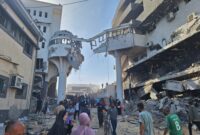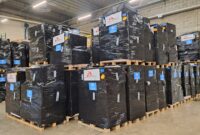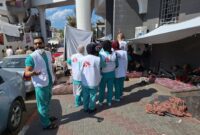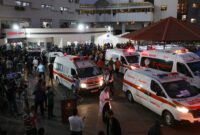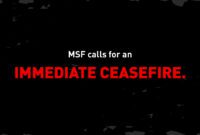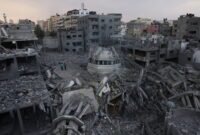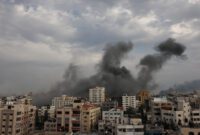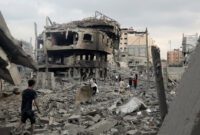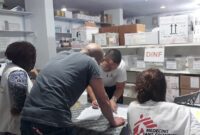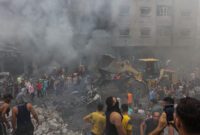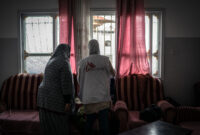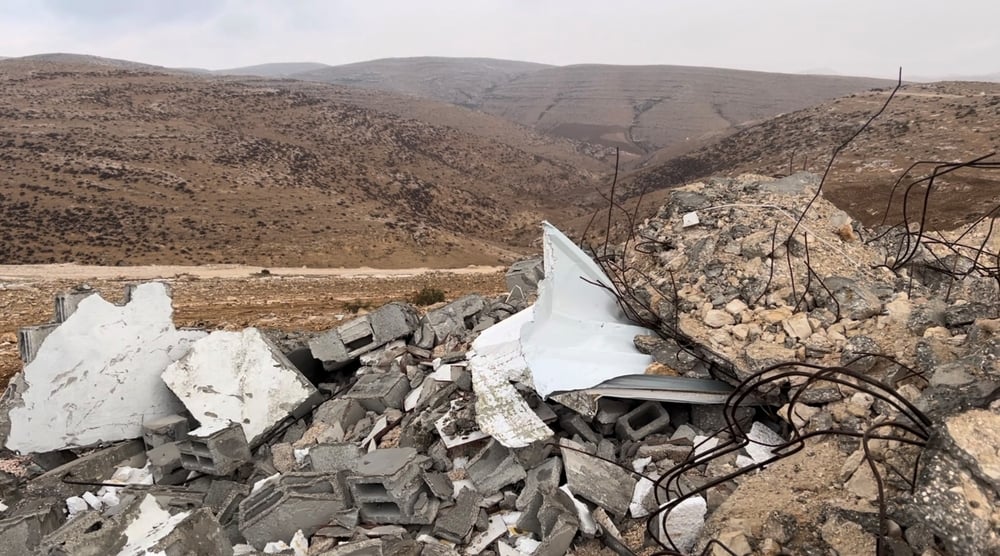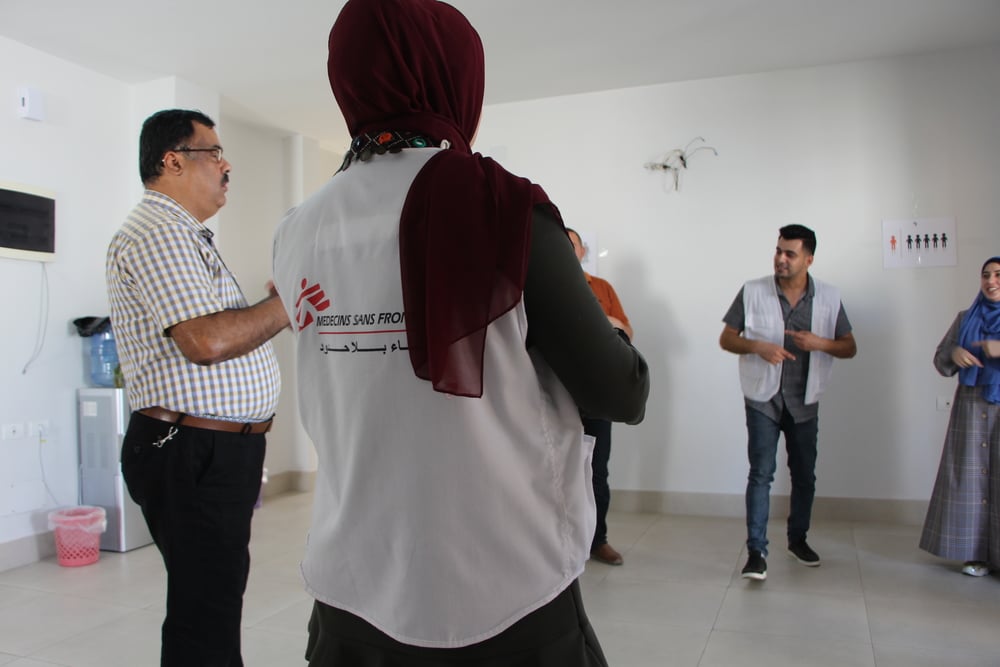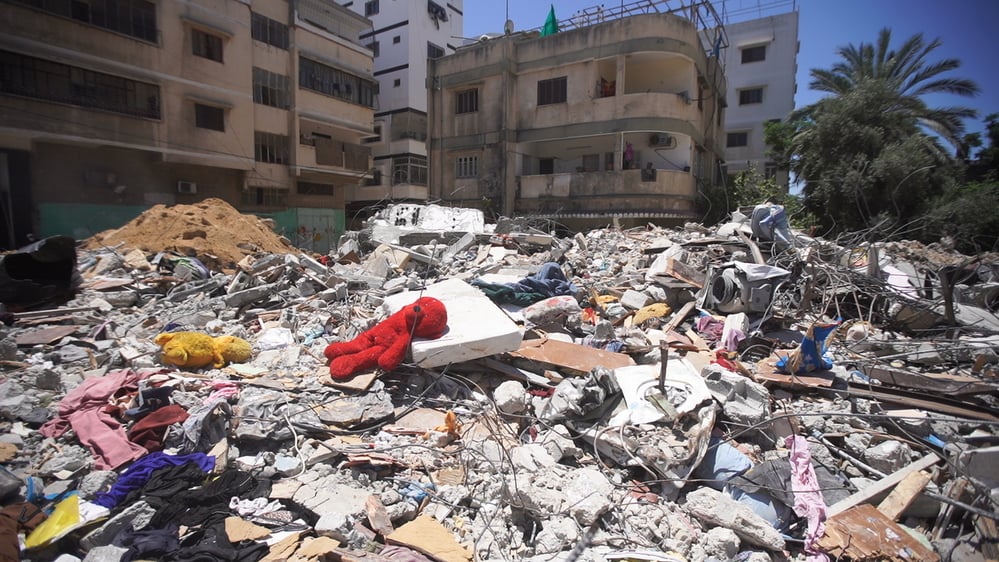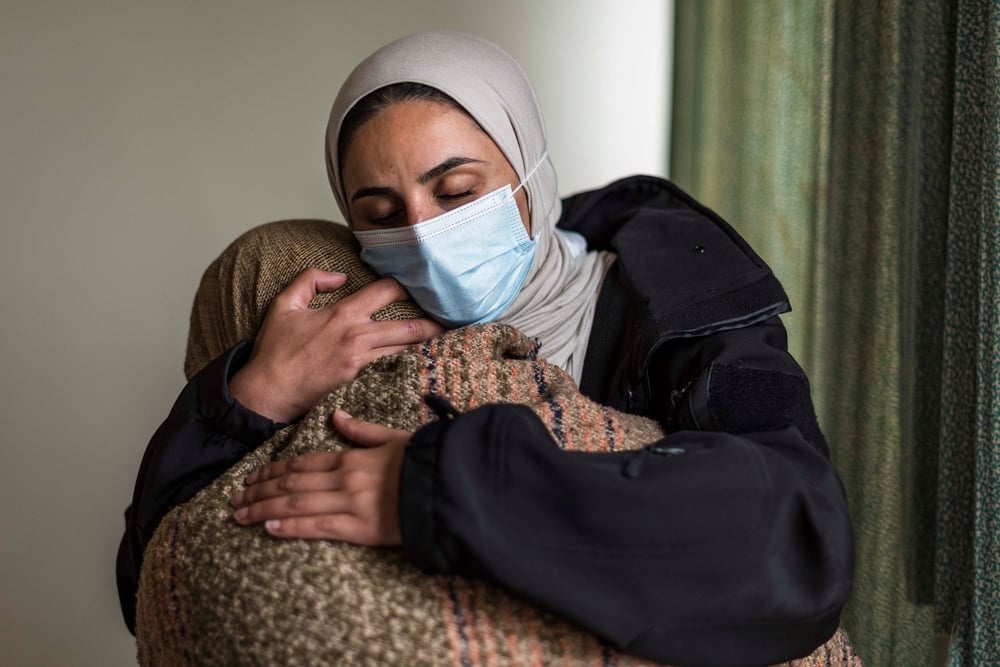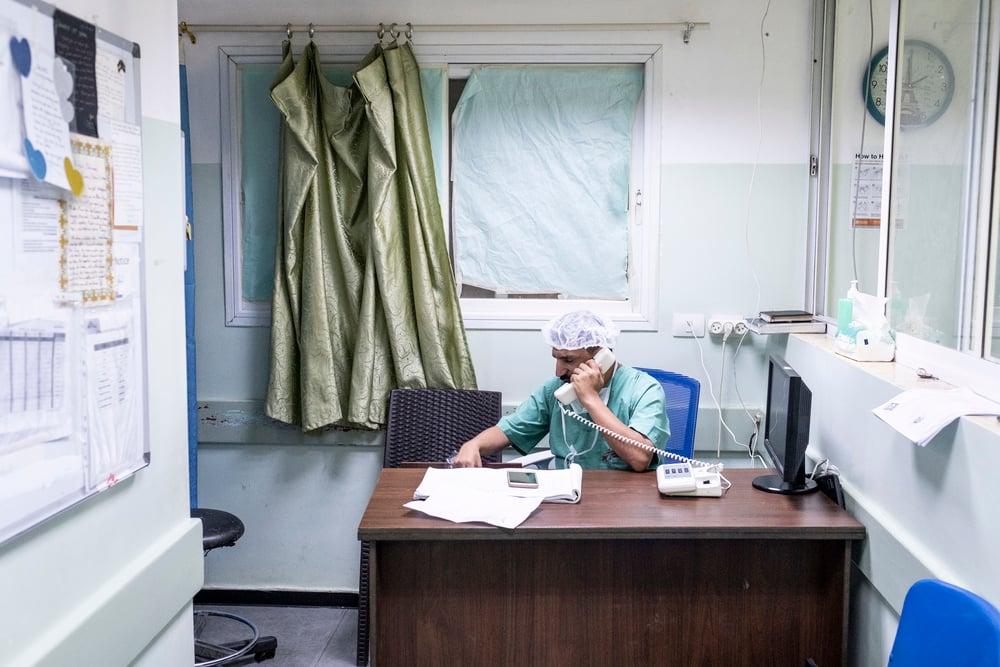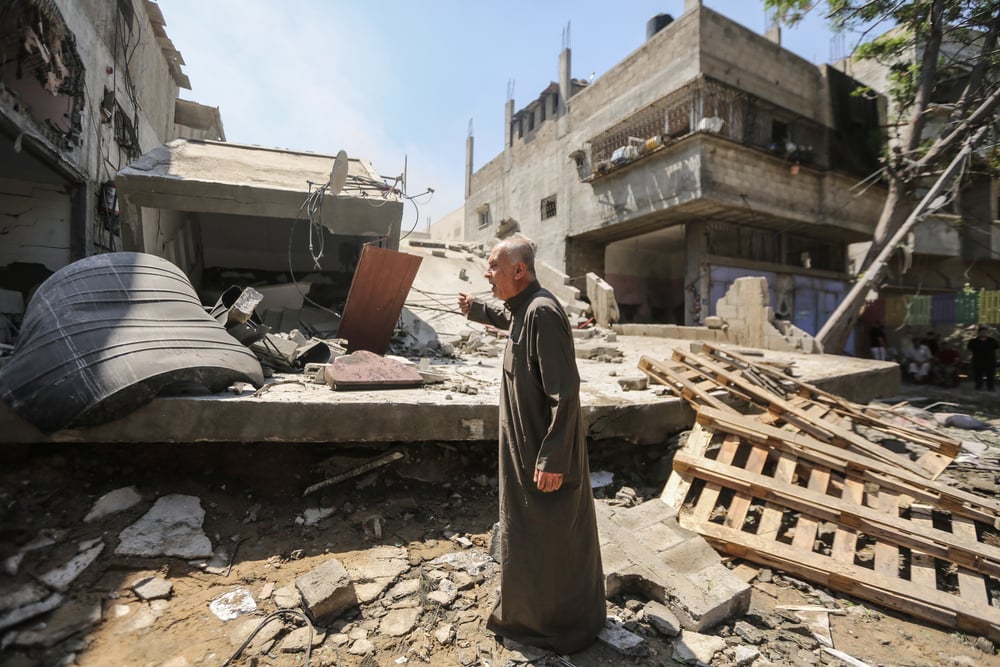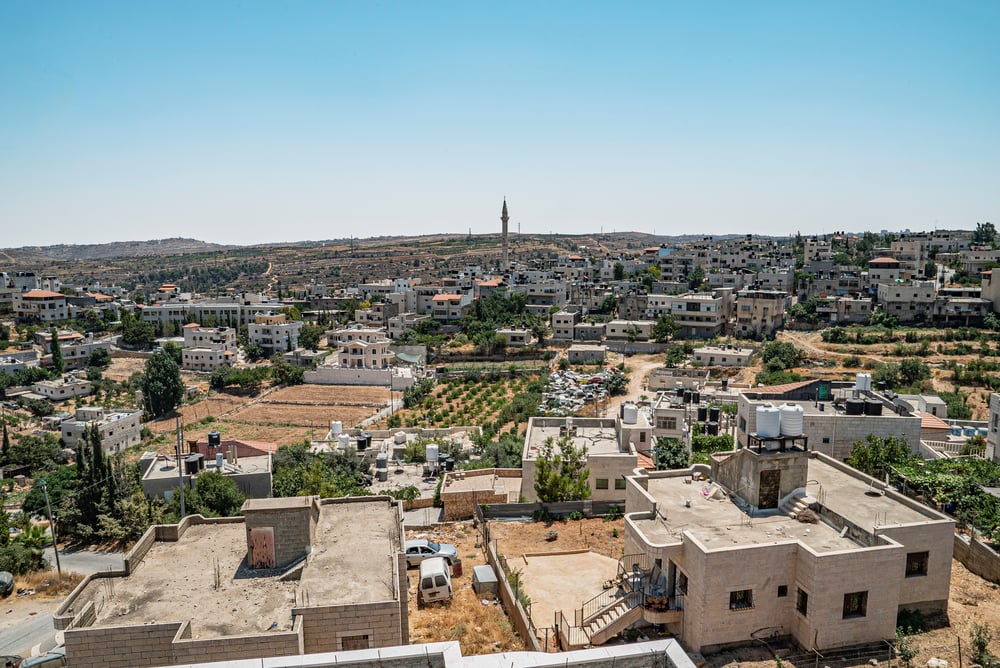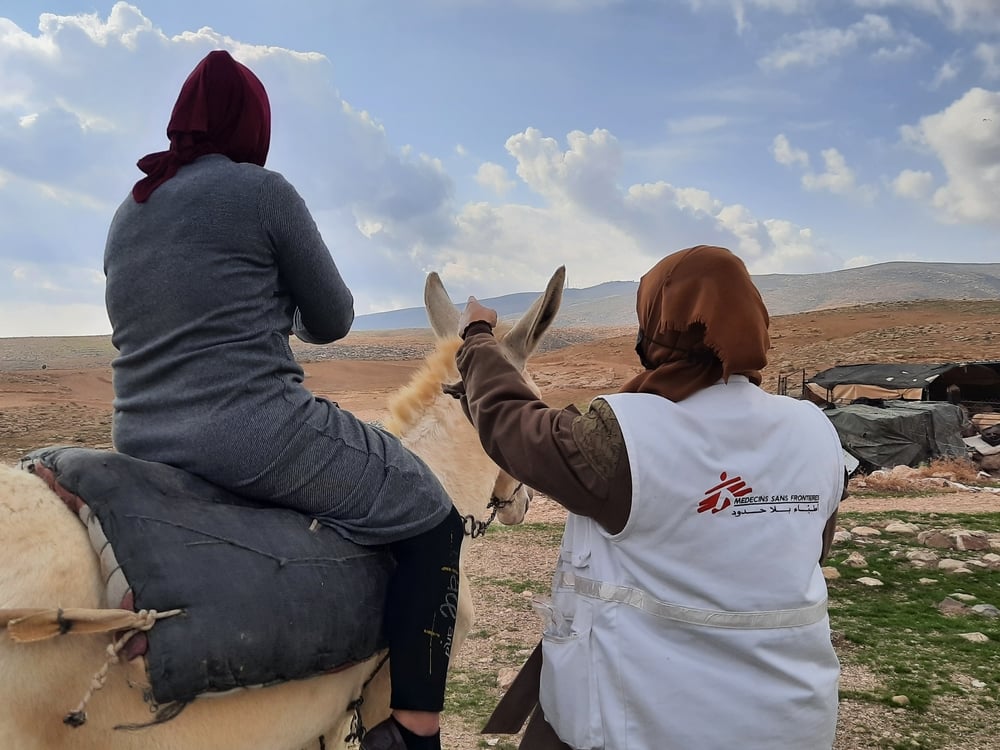Gaza: MSF staff successfully cross to Egypt
All Doctors Without Borders/Médecins Sans Frontières (MSF) staff unable to leave Gaza since Oct. 7 have successfully crossed the Egypt border via the Rafah Crossing. A window has been negotiated to allow for foreign passport holders and international aid workers to cross.
This group includes 22 MSF staff. Although some names have been circulated on social media, we ask for their privacy and wellbeing to be respected.
This comes as a number of severely injured patients have also been allowed to leave Gaza to receive critical care. However, there are still over 20,000 injured people reported in Gaza with limited access to healthcare due to the siege.
A new team of international staff, including a specialized medical team, has already been identified and is ready to enter Gaza as soon as the situation allows, to support the humanitarian and medical response.
Meanwhile, many of our Palestinian colleagues continue to work and provide lifesaving care in hospitals and across the Gaza Strip, while the most basic protections for hospitals and medical personnel are not guaranteed.
Around two million Palestinians are still trapped in Gaza under shelling, including 300 Palestinian MSF staff and their families. Those who wish to leave Gaza must be allowed to do so without further delay. They must also be allowed the right to return.
Furthermore, we have to be able to move medical supplies and personnel into Gaza immediately to be able to respond to the desperate needs on the ground.
We reiterate our call for an immediate ceasefire. Critically needed humanitarian supplies and staff must be allowed into Gaza where hospitals are overwhelmed and the healthcare system is facing total collapse.
About MSF in Palestine
The information about our response, below, is correct as of Nov. 9, 2023.
MSF activities in Gaza are currently very limited. We have extreme difficulties delivering aid and providing healthcare due to the insecurity and the unpredictability of the bombardments. While some of our colleagues decided to move south following the unacceptable evacuation order of north Gaza, some of our other colleagues have remained in northern Gaza and continue to support in lifesaving activities in Al Shifa Hospital as well in Al Nasser hospital in the south. In Al Awda hospital, a team of seven MSF staff is also working in the MSF inpatient department.
We are also supporting local health authorities with donations from our medical stock. Due to the huge and uninterrupted influx of wounded people since the beginning of the current active conflict, Al Shifa Hospital, the main surgical facility in the Gaza strip, was on the brink of a complete shortage of essential medicines. In response, we recently were finally able to make a large donation of medical stock, including medicines and medical equipment to Al Shifa hospital.
Our staff are working hard on preparing medical and humanitarian supplies to be sent to Gaza when safe access will be guaranteed and open, and we’ll send in emergency teams if and when we’re able to.
MSF is committed to supporting the people affected by the Israeli heavy bombardments and indiscriminate attacks on Gaza. We stand in solidarity with healthcare workers and patients in Gaza. We want to be able to access people in need of medical care and offer lifesaving humanitarian services, but to do this we need basic guarantees of safety.
The West Bank
MSF’s medical and humanitarian activities in the West Bank have been affected by the escalation of violence and the reinforced movement restrictions that have limited people’s access to essential services, including healthcare. To adapt to the situation, MSF medical teams are providing phone consultations for Palestinian residents and displaced people, and referring patients for medical treatment, mental healthcare and social services. MSF mental health teams are also providing psychological first aid, counselling and psychotherapy, mostly remotely. In the West Bank city of Nablus, MSF teams are continuing to provide local people with mental healthcare.
MSF has donated medical supplies, including surgical kits, to Ahli hospital in Hebron, and first aid kits to community focal points in Beit Ummar, Al-Rashaydeh and to the emergency care centre in Um Al-Khair; and provided support including training for staff in Al Mohtaseb Hospital located in Hebron old city. MSF continues to assess the situation in hospitals across the West Bank.
